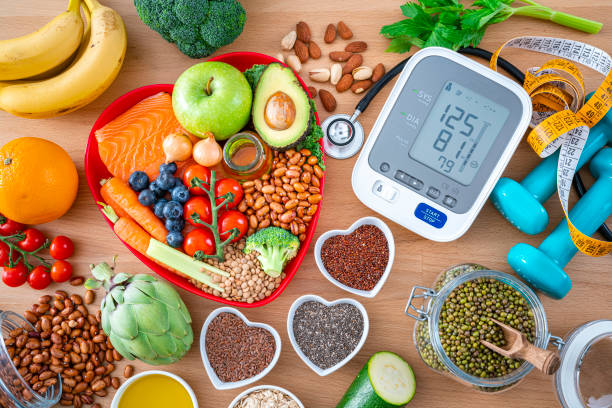Sleep Smarter: Proven Strategies to Improve Rest and Recovery
The Silent Superpower of Quality Sleep
In our always-on, productivity-obsessed world, sleep is often sacrificed—yet it’s the foundation of energy, mental clarity, and long-term health. Poor sleep doesn’t just leave you groggy; it weakens immunity, disrupts hormones, and accelerates aging.
The good news? You don’t need more hours in bed—just better quality rest. This guide combines neuroscience, circadian biology, and practical sleep hacks to help you wake up refreshed, recover faster, and perform at your best.
1. The Science of Sleep: Why It’s Non-Negotiable
What Happens When You Sleep?
- Memory consolidation: Your brain files away and processes information.
- Muscle repair: Growth hormone peaks during deep sleep.
- Detoxification: The glymphatic system flushes brain waste.
- Metabolic reset: Sleep regulates hunger hormones (leptin and ghrelin).
The High Cost of Poor Sleep
✔️ 1 night of <6 hours = Impaired reaction time (like being legally drunk)
✔️ Chronic sleep deprivation = Higher risk of Alzheimer’s, heart disease, and obesity
2. Optimize Your Sleep Environment
The Ideal Bedroom Setup
- Temperature: 65°F (18°C) – Cooler rooms promote deeper sleep.
- Darkness: Use blackout curtains or a sleep mask—even small amounts of light disrupt melatonin.
- Quiet: White noise machines can mask disruptive sounds.
Tech Detox for Better Sleep
- Blue light blockers: Wear amber glasses 2 hours before bed.
- Screen curfew: Turn off devices 60+ minutes before sleep.
- EMF reduction: Keep phones away from your bed (or use airplane mode).
3. Master Your Circadian Rhythm
Daylight Is Your Best Alarm Clock
- Morning sunlight: 10-30 minutes of natural light within 30 mins of waking resets your internal clock.
- Evening wind-down: Dim lights after sunset to signal melatonin production.
The Power of a Consistent Schedule
Going to bed and waking at the same time daily (even on weekends) trains your body for deeper, more efficient sleep.
4. Nutrition for Better Sleep
Eat to Support Sleep
- Magnesium-rich foods: Spinach, pumpkin seeds, and almonds relax muscles.
- Tryptophan sources: Turkey, eggs, and dairy boost serotonin (a sleep precursor).
- Hydration balance: Drink enough water early in the day, but reduce liquids 2 hours before bed.
Avoid These Sleep Saboteurs
- Caffeine after 2 PM: It can linger in your system for 8+ hours.
- Late-night alcohol: It fragments sleep and blocks REM cycles.
- Heavy meals at night: Digestion interferes with deep sleep.
5. Advanced Recovery Techniques
Non-Sleep Deep Rest (NSDR)
- Yoga Nidra: A 10-20 minute guided practice that mimics deep sleep.
- Box breathing: 4-second inhale, 4-second hold, 4-second exhale to calm the nervous system.
Temperature Hacking
- Hot bath before bed: Raises core temperature, then triggers a cooling drop that induces sleepiness.
- Cooling pillows: Regulate head temperature for uninterrupted rest.
6. Troubleshooting Common Sleep Issues
If You Can’t Fall Asleep
- Try the “4-7-8” breathing method (inhale 4 sec, hold 7 sec, exhale 8 sec).
- Get up and read (no screens) until drowsy.
If You Wake Up at 3 AM
- Avoid checking the clock (it increases anxiety).
- Practice progressive muscle relaxation (tense and release each body part).
Final Thought: Sleep Is Your Secret Weapon
Quality sleep isn’t a luxury—it’s the ultimate performance enhancer, longevity booster, and health regulator. By applying even a few of these strategies, you’ll wake up with more energy, sharper focus, and a body that recovers faster.
Tonight’s Challenge: Pick one sleep upgrade from this list and implement it. Notice the difference tomorrow.
